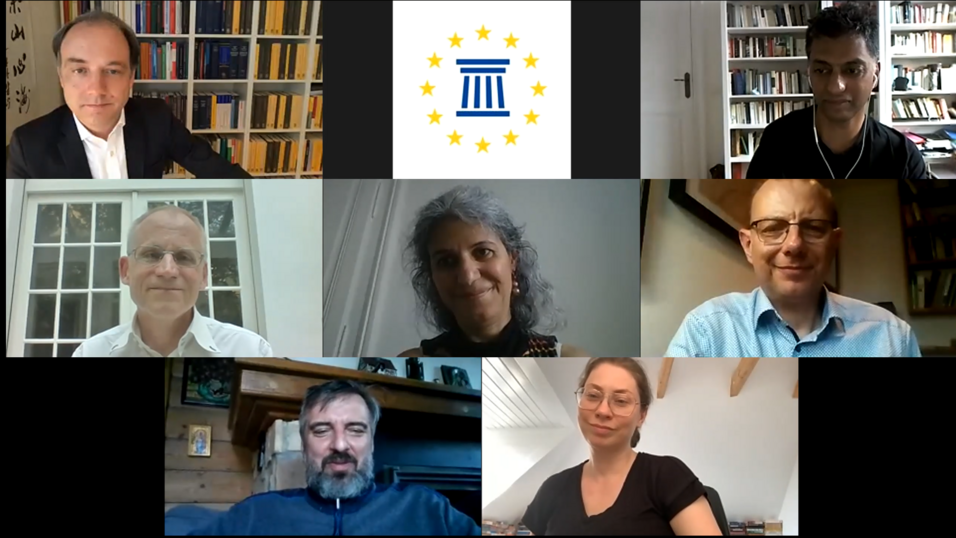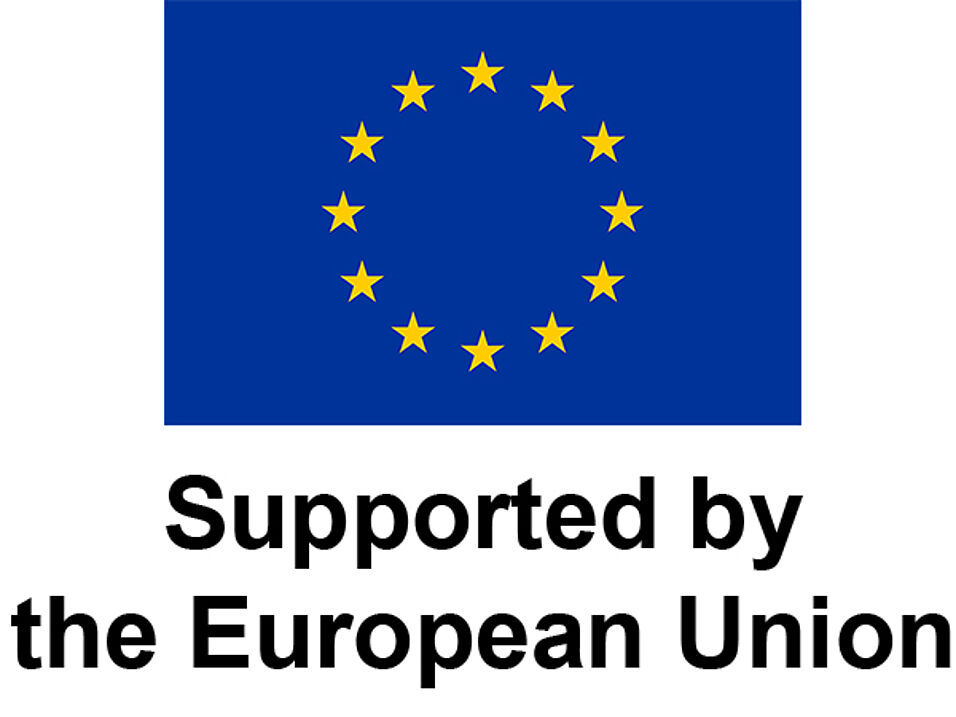The ELI Model Rules on Online Platforms, published at the beginning of 2020, provided some innovative solutions with regard to the newly emerging and rapidly growing platform economy, feeding also into later developments at the EU level.
At the end of 2020, the European Commission issued the Digital Services Act package, containing proposals for a DSA and a DMA. Yet the policy debate is not over once these two regulations will be adopted and many questions, such as the need for sector-specific legal instruments and future role of other legal instruments, will remain open. The ELI webinar provided an opportunity to discuss these topical issues with experts in the field.
The Chair of the webinar, Fryderyk Zoll (Professor, University of Krakow & University of Osnabrück) emphasised that the topic is also of great importance to ELI, as it offers an opportunity to reflect whether ELI output in the form of Model Rules is a good device to developing the law at the national, EU and/or European level.
Christoph Busch (Professor, University of Osnabrück & Yale Law School Information Society Project) presented how ELI has contributed to the policy debate on the DSA package and where possible areas for future ELI work might be identified. He pointed out that the ELI Model Rules on Online Platforms have been taken up by several stakeholders, like The European Consumer Organisation and European Parliament, as well as served as a source of inspiration in the legislative process regarding the DSA. The question whether these suggestions will be taken up in the final version remains however open. He suggested that at this time, ELI should continue looking beyond the DSA and contribute to the on-going discussions on revisions and updates of EU instruments. He further analysed the procedural turn in platform regulation as well as the issue of platform power going beyond market power.
Gerhard Dannemann (Professor, Humboldt University of Berlin & University of Oxford) discussed short-term rental platforms, explaining their features and how the ELI Model Rules address challenges connected to such platforms. He pointed out further challenges brought by the COVID-19 pandemic, as some of the biggest online short-term rentals platforms had adopted strikingly different strategies on how they and their users should deal with the effects of the pandemic with regard to short-term rental agreements. He further elaborated on approaches taken about cancellations and provided examples from practice – while some platforms did not adopt any policies on this issue, others adopted detailed nudging policies or specific COVID-19 policies. He pointed out several issues connected to these policies, as, among other things, considerable legal uncertainty exists for platforms that seek to provide detailed regulations of supplier-customer contracts. He concluded that this might be an area where the regulator could step in and provide a legal framework for permitted platform regulation of supplier-customer contracts.
Prabhat Agarwal (Head of Unit Digital Services and Platforms, European Commission) emphasised that ELI’s work is on the radar of European policy makers. He provided further insights on the internal functioning of the law-making process, elaborating on the example of the DSA, and how future Model Rules might fit into it. He also presented personal recommendations for the future work of the Institute.
Rania Wazir (Board Member of the Vienna Data Science Group) considered platform regulations from the data science perspective, emphasising the need for further control on who has access to data, increase the choice and options for users as well as verifiability. She further commented on the ELI Model Rules, expressing her appreciation for the effort to create harmonised rules and push for standardisation. She also observed that certain issues could be expanded on, such as how third party recommenders and third party reputations systems, if allowed, could fit into the liability regime. She also pointed out the issue of machine readability, which needs to be standardised and stable to be useful, which is not always the case in practice. It would be therefore important that legal frameworks require standards and limit the frequency of changes. She also elaborated on transparency requirements.
During the Q&A session, the above Speakers together with Hans Schulte-Nölke (Professor, University of Osnabrück & University of Nijmegen) and Aneta Wiewiorowska-Domagalska (Senior Research Fellow, University of Osnabrück) considered several important issues raised by participants, such as the societal impact of online platforms and the possibility of a uniform connecting factor protecting platform users.
The webinar recording is now available below.
The presentation by Christoph Busch is available here.


